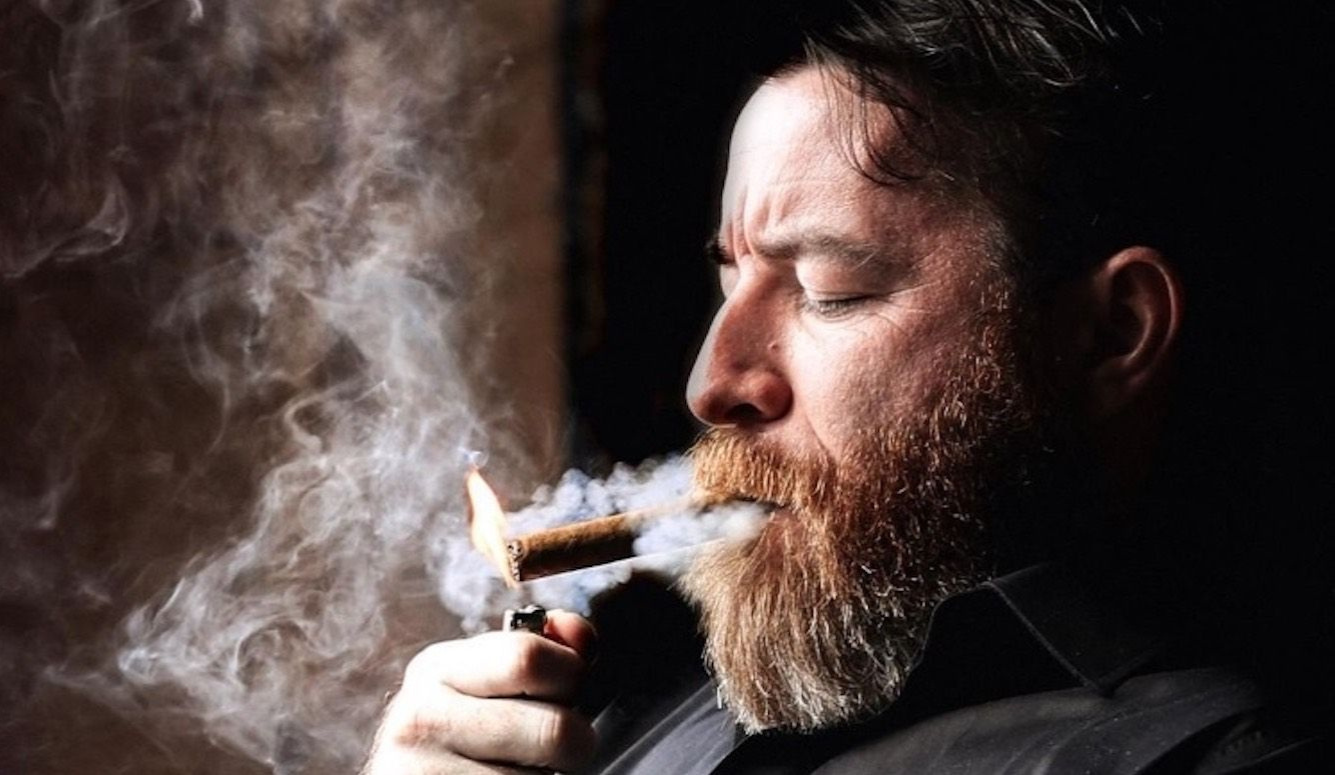Denouncing The Diagolonoids
A Canadian right-wing nut is peddling a satirical meme about a diagonally-shaped North American superstate. Needless to say, much of the country’s intellectual class is terrified.

Last month, Pierre Poilievre, the populist front-runner in the race to become leader of Canada’s federal Conservative party, was photographed shaking hands with Jeremy MacKenzie, a former soldier facing weapons and harassment charges. MacKenzie is an odd duck who combines a penchant for extremist right-wing rhetoric with a predilection for ironic Internet memes. But almost no one in Canada knew his name until that now infamous handshake. As for Poilievre, he says he didn’t recognize MacKenzie, or form any particular memory of having met him—a claim that even progressive journalists have admitted is entirely credible.
Jeremy MacKenzie, leader of the Diagolon collective whose members allegedly plotted to kill RCMP officers and who is himself facing weapons charges, seems to have bent Poilievre's ear at a recent Halifax campaign event.
— Justin Ling (@Justin_Ling) August 20, 2022
(I wouldn't expect Poilievre to recognize MacKenzie.) pic.twitter.com/ymXWoXf9Sw
“My campaign events are public,” Poilievre told the media once the impromptu meeting between the two men was reported. “There is no registration and anyone can walk in. In fact, over the course of my campaign I have shaken hands with literally tens of thousands of people at public rallies. It is impossible to do a background check on every single person who attends my events. As I always have, I denounce racism and anyone who spreads it. I didn’t and don’t know or recognize this particular individual.”
In a normal country, in a normal time, this would pretty much have been the end of things. But as I’ve written elsewhere, Canada’s intellectual class has, for several years now, been passing through a period of social panic on the issue of right-wing extremism. And it doesn’t take much—in this case, a mere handshake was enough—to elicit accusations that the federal Conservatives are conspiring with (or at least encouraging) outright fascists and white supremacists. In this case, the smoking gun was taken to be the fact that Poilievre denounced MacKenzie’s racism without actually “disavowing” him by name. The leader of the left-wing New Democratic Party, Jagmeet Singh (who himself has spent periods of his political career seeking to appease Air India conspiracy theorists), asserted that this lapse meant Poilievre was “wink[ing] at white supremacy.”





